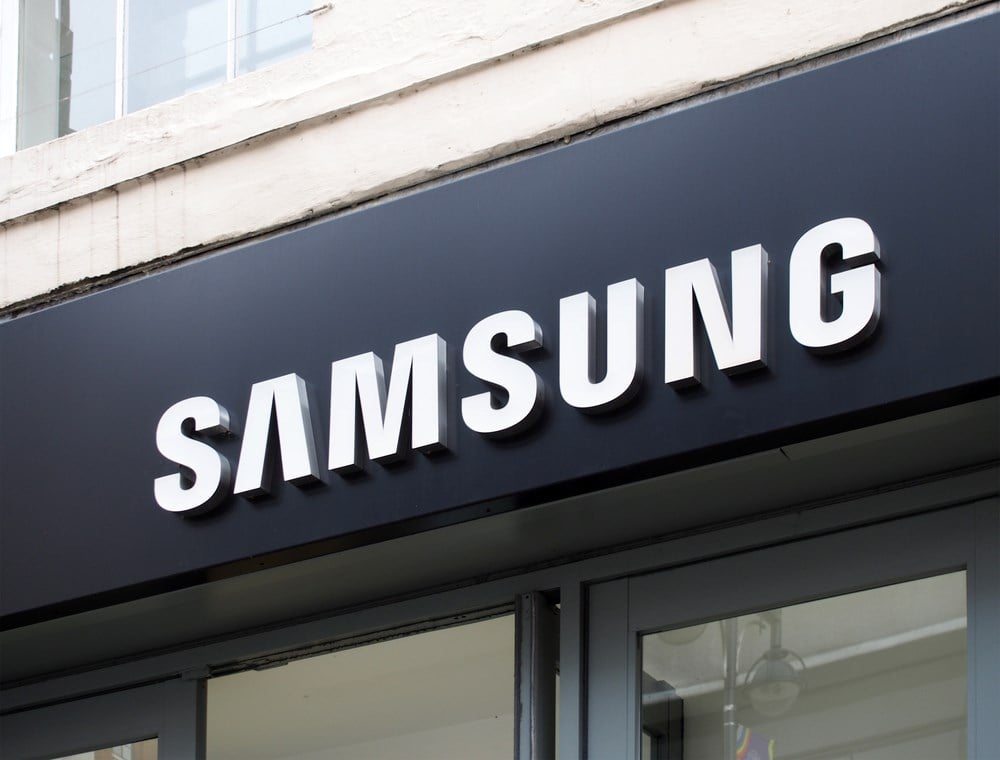
Remember the pandemic-era chip shortage? Well, that’s history now, and there’s currently a chip glut, according to Samsung Electronics Co., Ltd. (OTCMKTS: SSNLF), which warned that its profit would decline by about 96% in the second quarter as a glut of chips sits on shelves.’
Shares of the Korea-listed Samsung finished lower on July 7.
In April, Samsung announced it would make “meaningful” production cuts amid a slowdown in demand.
According to tech researcher Gartner, worldwide semiconductor revenue will decline by 11.2% this year to $532.2 billion. Gartner expects growth to return in 2024.
Analysts believe the chip downturn will bottom out in the third quarter, although it may take a few months for the expected rebound to gather steam.
The chip industry has always been cyclical, but demand for electronics during the pandemic soared, resulting in boom times for chipmakers, many of whose stocks notched big gains in 2020 and 2021.
The Era Of Excess Inventory
But that’s changed: Many semiconductor firms now have excess inventory, as consumers and businesses slashed spending amid high inflation.
The iShares Semiconductor ETF (NASDAQ: SOXX) eked out a gain of 0.04% in the session, finishing near the low end of its daily trading range. That was better than the wider tech sector. The Technology Select Sector SPDR Fund (NYSEARCA: XLK) finished the July 7 session down 0.44%.
Samsung’s memory chip business is pegged to chips used in mobile phones, PCs, and servers. Price drops of memory chips were not as big as some investors had worried.
Shares of Micron Technology Inc. (NASDAQ: MU), which have struggled since a rally attempt fizzled in early June, were down 0.95% on July 7, capping off a week that ended 3.90% lower.
Micron is among the major manufacturers of DRAM (Dynamic Random Access Memory) chips, which Samsung also makes.
Micron Chips Used In Mobile Devices
According to Micron, low-power DRAM, or LPDRAM products, which are engineered to meet standards for performance and power consumption, are sold into smartphone and other mobile-device markets, including Chromebooks, which run on Alphabet Inc.’s (NASDAQ: GOOGL) operating system.
Demand for mobile devices has been slumping recently.
Although a breakout attempt failed in June, Micron’s problems are also due to China’s ban on the company’s chips from infrastructure projects. Analysts had initially believed that Micron would rebound as Samsung and South Korea-based semiconductor maker Hynix slashed production amid the supply gut.
MarketBeat’s Micron Technology analyst ratings show a consensus view of “moderate-buy” with a price target of $73.21, an upside of 20.70%. Micron stock is down 4.82% in the past week, but around the time of the company’s June 28 earnings report, eight analysts boosted their price targets.
Intel Exited DRAM Business
Other U.S. chipmakers have, over the years, scrapped the DRAM business. For example, Intel Corp. (NASDAQ: INTC) sold its DRAM unit to Hynix in 2020, as it was a low-margin business. That allowed Intel to focus on its main product, microprocessors.
Micron remains one of the world’s largest DRAM producers, behind Samsung and Hynix, which was spun off from Hyundai Electronics in 2001.
Micron has been profitable for many years, but Wall Street expects that situation to change this year, as the company reports a loss of $4.99 a share. The losses are expected to continue into 2024, with analysts eyeing a loss of $1.76 a share.
Will Micron's Dividend Continue?
A lack of profitability could present a problem for the Micron Technology dividend payment of $0.46 per share. The company boosted its shareholder payout in the past two years, but that won’t necessarily continue if it goes through several quarters without being profitable.
Companies may choose to cut dividends if they incur losses, but it is not a requirement. The decision depends on factors like the company’s financial health, cash flow, and long-term outlook. If a company opts to prioritize financial stability, it may suspend or reduce dividends.
Micron has a spotty history when it comes to dividends. It suspended payments from 2015 through 2018, then reinstated the dividend in 2021. Its current yield is 0.76%.




